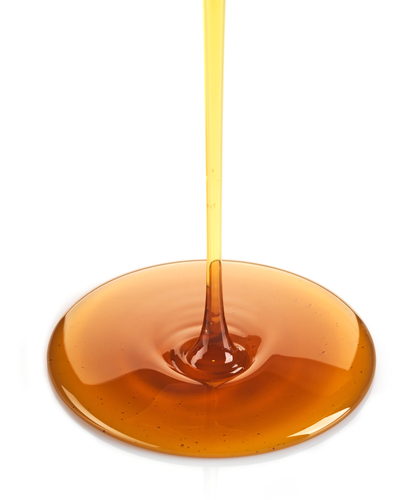Short answer
Yes, high fructose corn syrup is bad for you—it is a sweet enzyme similar to sugar, but it carries potential for a toxic response, especially in the digestive system. High fructose corn syrup (HFCS) is something you should avoid at the store, even in moderation.
Long answer
HFCS is a sweet enzyme similar to sugar found mostly in cheap, poor-quality food. It was discovered in Japan in the 1970s and brought to the US as a solution for cheap food production. HFCS is produced from cornstarch through a process using glucose isomerase, in which a portion of the glucose in cornstarch is converted to fructose. The result is a sweetener that is 45% glucose and 55% fructose, and since fructose is sweeter than glucose, the result is a very sweet substance—sweeter, in fact, than sugar, which has an equal ratio of glucose to fructose.
HFCS is also cheaper to produce than sugar because of the corn subsidies the government has doled out to corn growers. The corn grown is likely genetically modified (GMOs), which in itself brings on a host of problems. This of course makes it possible for food manufacturers to produce sweet products very cheaply, which explains why the food market is flooded with processed, sweet, empty calories. People wonder why it is cheaper to eat badly in the US than it is to maintain a healthy diet. The answer is high fructose corn syrup.
We all know the havoc that sugar can wreck on the body. Even when the balanced glucose-fructose ratio in sugar is consumed, the entire body becomes susceptible to health problems such as inflammation, heart disease, obesity, diabetes, cancer, faster aging, and dementia. Imagine how much worse all this is when the ratio is tipped in the direction of fructose.
Fructose is a dangerous substance when removed from its digestive partner, fiber, which is how fructose occurs in fruit. By itself, fructose is not digested by the body, so it is immediately soaked up into the bloodstream. Fructose then goes directly to the liver and triggers fat production, a process called lipogenesis. Then there is glucose. Without a bond to fructose, it also roams freely into the bloodstream. However, instead of heading to the liver to trigger fat production, glucose rushes to trigger insulin spikes, eventually also storing fat.
All of this occurs before you consider what HFCS does to the gut. HFSC saps energy from the gut in order to be absorbed by the body, immediately reducing the body’s energy level. Even more concerning is that HFCS has been shown to penetrate the intestinal walls, allowing toxins from the gut, as well as tiny food particles, to swim into the bloodstream. This contributes to a full body inflammation reaction.
When combined with fiber in fruit, fructose does not function the same way in the least. Therefore, HFCS is not the same as sugar, and although it causes many of the same results in the body, it is much worse than regular cane sugar. Further, since HFCS is toxic to bees, it has been linked to the bee crisis currently facing the world, making it a substance that should be avoided—even boycotted—and perhaps action taken against.
New studies have also connected HFCS with mercury, a harmful lead that can cause poisoning in the body. Many of these studies are currently inconclusive, but should be noted. Mercury poisoning can cause short-term and long-term negative affects to the Neurological system.
HFCS should be avoided completely. Though sugar in general is very unhealthy in the body, HFCS is much more dangerous.
Possible short-term side effects
- fat production
- fat storage
- reduction in energy
- inflammation of organs and tissues
- mercury poisoning
Possible long-term side effects
- increased cholesterol
- increased triglyceride levels
- metabolic syndrome
- diabetes
- cancer
- heart disease
- dementia
- accelerated aging
- obesity
Commonly found in
- soft drinks
- salad dressings / sauces
- breads
- breakfast cereals
- processed snacks
- candy bars
- juice cocktails
- yogurt
Ingredients to be aware of

 Approved by
Approved by 















